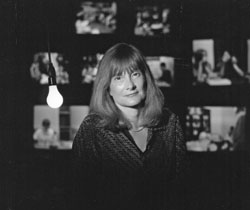
Professor Jeanne Brooks-Gunn
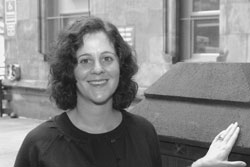
Tama Leventhal of the National Center for Children and Families
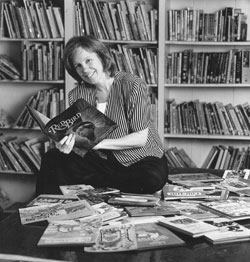
Professor Lucy Calkins of the Reading and Writing Project
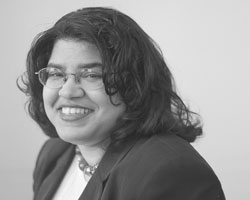
Professor Michelle Knight
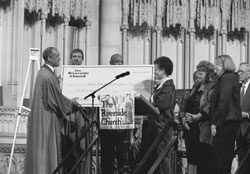
Rev. James Forbes presents grant award to then Acting President Darlyne Bailey at Riverside Church.
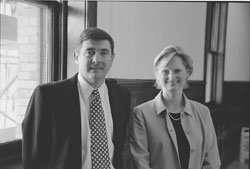
Professors Stephen Thornton and Margaret Crocco

Teachers College representatives with students and teachers in Tanzania
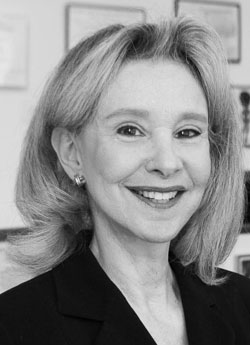
Professor Sharon Lynn Kagan
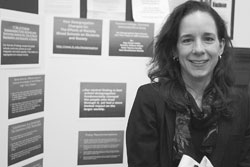
Professor Amy Stuart Wells

Arthur Levine and the Gottesman family.
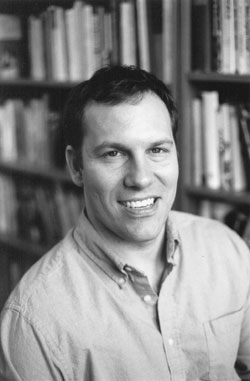
Professor Christopher Higgins

Burt Konowitz, Artistic Director of Spirit, the resident Teachers College Improv Ensemble, performs with jazz legend Billy Taylor in Horace Mann Auditorium.
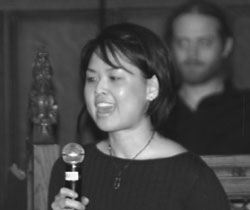
Youth Activism conference participant
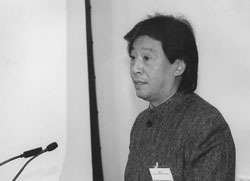
Alumnus Leslie Lo at CoCE Conference
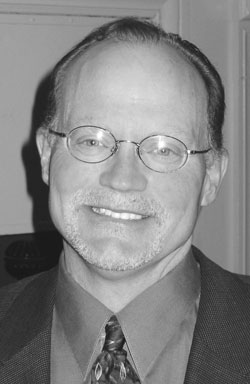
Richard Colvin, Hechinger Institute Director